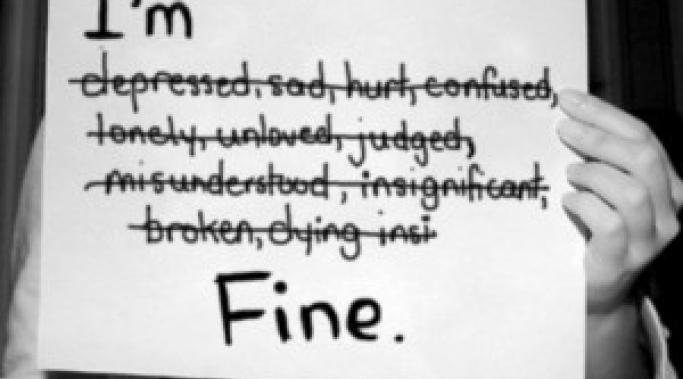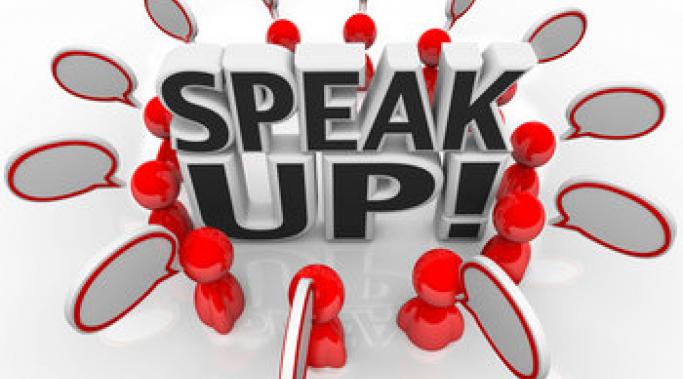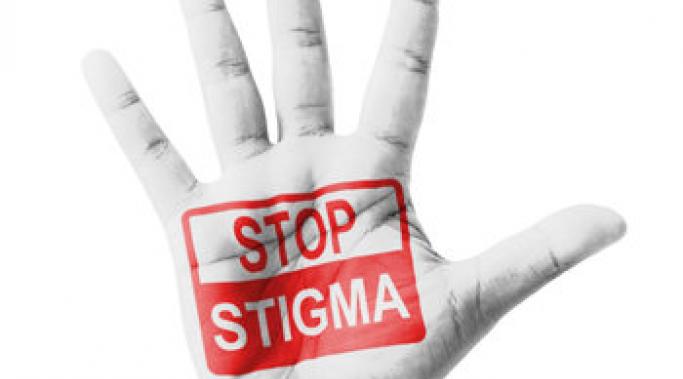We tend to think of mental health stigma as a blanket statement, but the reality of the situation is that it’s really not. Different mental health disorders face different versions of mental health stigma. I came to this conclusion recently as I realized that although I’ve overcome the stigma I felt for Excoriation (Skin-Picking) Disorder (dermatillomania), I still let the stigma of my depression and anxiety overcome me.
Impact of Stigma
The stigma of experiencing side effects due to a mental illness may cause great concern for many people. Mental illness stereotypes can be disturbing at times, as people perceive an individual in a straight-jacket, or a person in pale pajamas behind an asylum’s bars. Further, the side effects of mental illness are physical clues that point to the condition, and when people’s perceptions are accurate, it can be extremely stigmatizing for someone who is actually suffering with the side effects of having a mental illness.
Mental illness stigma may tell you that your life is over. Stigmatized individuals, even family and friends, will assume that there is no hope, no recovery, and certainly no real life to live upon the diagnosis of a mental illness. It is infuriating when this happens, and, in my opinion, the diagnosis of a mental illness may actually spell the beginning of a new life and a life worth living, especially since a debilitating mystery has finally been solved. Mental illness stigma may tell you that your life is over, but it isn't.
Politics and the impact of mental illness stigma is a topic that has intrigued me for a number of years, and the discussion of politicians experiencing mental illness stigma raises a number of important points and questions. There are many politicians who certainly do have a mental illness, but you will never know about it, especially if it is a highly stigmatized mental illness such as schizophrenia. It is unfortunate that several stigmatized individuals in our society assert that because you have a mental illness, you cannot, and should not, rightfully be a person who can be trusted to represent the interests of society on the political stage.
When mental illness stigma comes from your own friends, it can be a very jarring and hurtful experience. Even the people that you hold close and trust can be guilty of judgement, hurting you emotionally, and may even stigmatize you. I have been diagnosed with bipolar disorder for 13 years, and even as of late, I have had plenty of experience with friends and mental illness stigma.
Doctors are affected by mental illness stigma, and, as mental health consumers, we run into this problem time and time again. I have heard countless horror stories of mental illness stigma affecting doctors and other mental health professionals, who are part of the patient's journey. However, there still remains a number of doctors and medical professionals who stay true to their passion for medicine. Here are some of my best and worst experiences with doctors who are affected by mental illness stigma and the ones who aren't.
Dealing with mental health stigma is a challenging and daunting task at times, and it may push us to our limits on a number of fronts. Not only do we often feel negatively about facing mental illness and self-stigma, but we have to deal with the stigma out there, which often hurts us emotionally and makes life all that more difficult to tackle. As we face the everyday, there are ways to deal with mental health stigma, whether it be from friends, family, society, or the media.
One, particular online bipolar assessment quiz (link to it) is creating mental health stigma on the Internet at the moment, particularly going viral on Facebook. I received the quiz on my Facebook feed yesterday, as a friend had posted it, and she commented that she received a zero percent chance that she has bipolar disorder. Having been diagnosed with bipolar disorder 13 years ago, I decided to comment on the quiz in a critical and constructive manner, but I also submitted my answers, and discovered that I, also, have a zero percent chance of having bipolar disorder. I sarcastically responded, “It is a good thing I took this quiz, and I better contact my psychiatrist for a second opinion. Thank you.”
Recently, I have developed an intense fear of flying, and it is quite odd because it never used to be this way. In my mid-20s, I flew to South Korea twice, and I even passed out during the entire flight, snuggled beside the emergency exit. Things have definitely changed over the years, and having a mental illness has made traveling quite a bit more daunting. Not only because of the fears that crop up, but from encountering stigma during my travels.
Mental health stigma affects parents with mental illness because society labels and judges them negatively. Parents with mental illnesses are often told that they are inadequate caregivers, simply because they have mental health challenges. They are accused of not being able to properly care for their children, especially on their own, and at times they are left battling for their right to be a parent. But parents with mental illnesses deserve more than mental health stigma.









